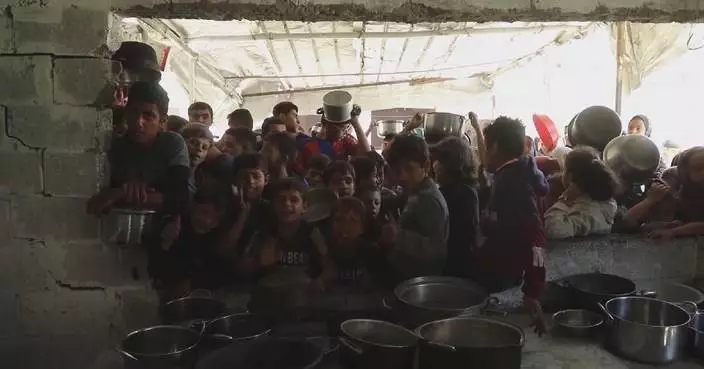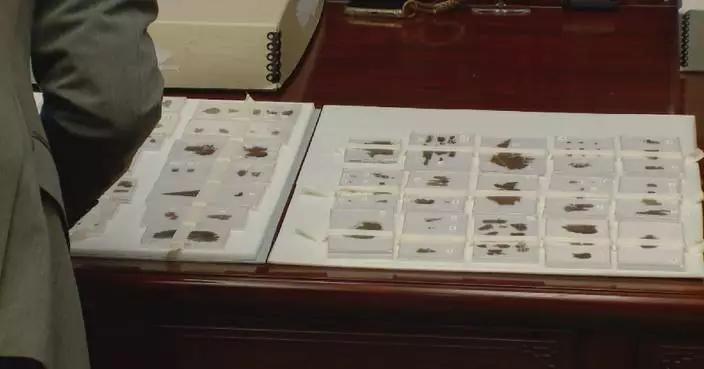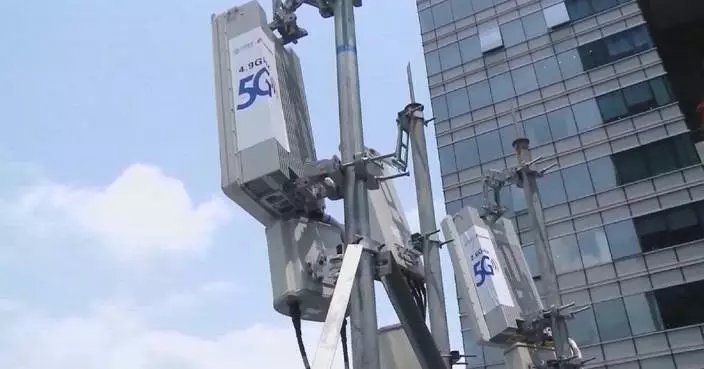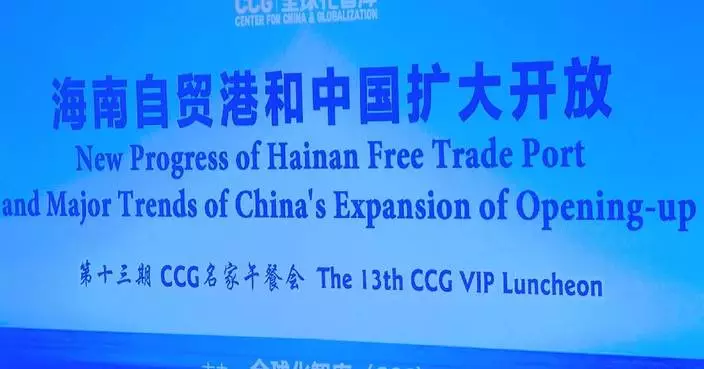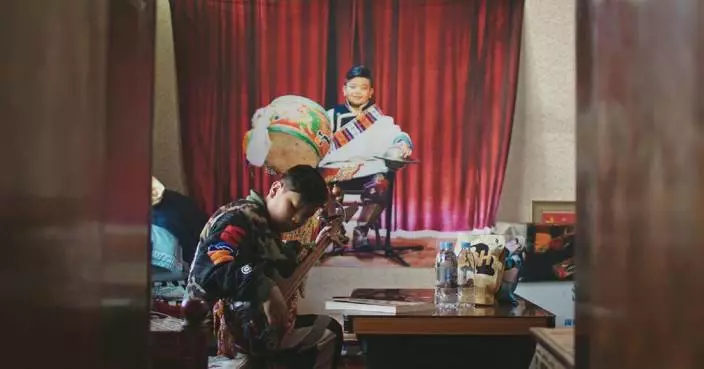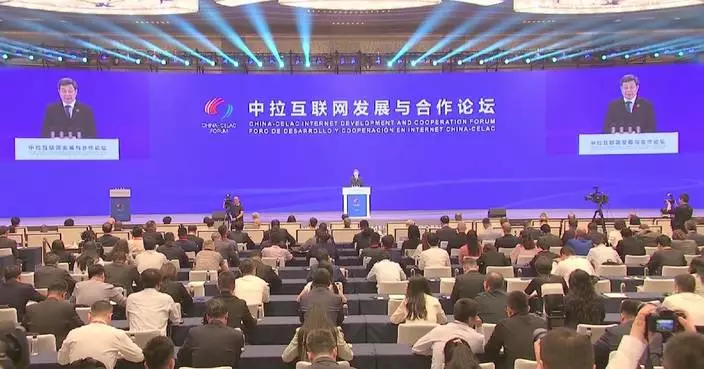A team of Chinese medical workers aboard the navy hospital ship "Peace Ark" has been offering diabetes diagnosis and treatment services for teenagers in Djibouti since their arrival last Friday.
Invited by Djiboutian officials, the medical team, which includes specialists from internal medicine, ophthalmology, pediatrics and other fields, visited the country's national adolescent diabetes diagnosis and treatment center twice to provide medical assistance and engage in professional exchanges.
The medical team arrived at the center at 9:00, where teenagers were already waiting accompanied by their parents.
Chinese medical experts assessed the children's conditions in detail, developed tailored sugar control plans, and advised parents on how to plan a balanced diet for their children.
"We actively pay attention to the medical records of key patients and ensure long-term follow-up on their treatment, hoping to bring changes and hopes to their lives and futures through our help," said Chen Xiangfang, a doctor.
"During our diagnosis and treatment, we not only deliver timely and effective treatment, but also carry out preventive education and early screening for diabetic eye complications. This is crucial for slowing the progression of diabetic retinopathy, preventing blindness and disability, and improving the quality of life for our patients," said Gao Yu, another doctor.
Chinese medical experts also had in-depth exchanges with Djibouti's medical staff and provided diagnosis and treatment suggestions for the long-term care of adolescent diabetes, so as to enhance the professional skills of local medical personnel and deepen the friendly and cooperative relations between the two countries in the health sector.
The Peace Ark docked at the Djibouti Port on Dec 6 to begin a seven-day friendly visit while providing medical services. This marks the third visit to Djibouti by the hospital ship, following its previous visits in 2010 and 2017 as part of the Mission Harmony.

Chinese medical workers provide diabetes diagnosis, treatment for Djiboutian teenagers




